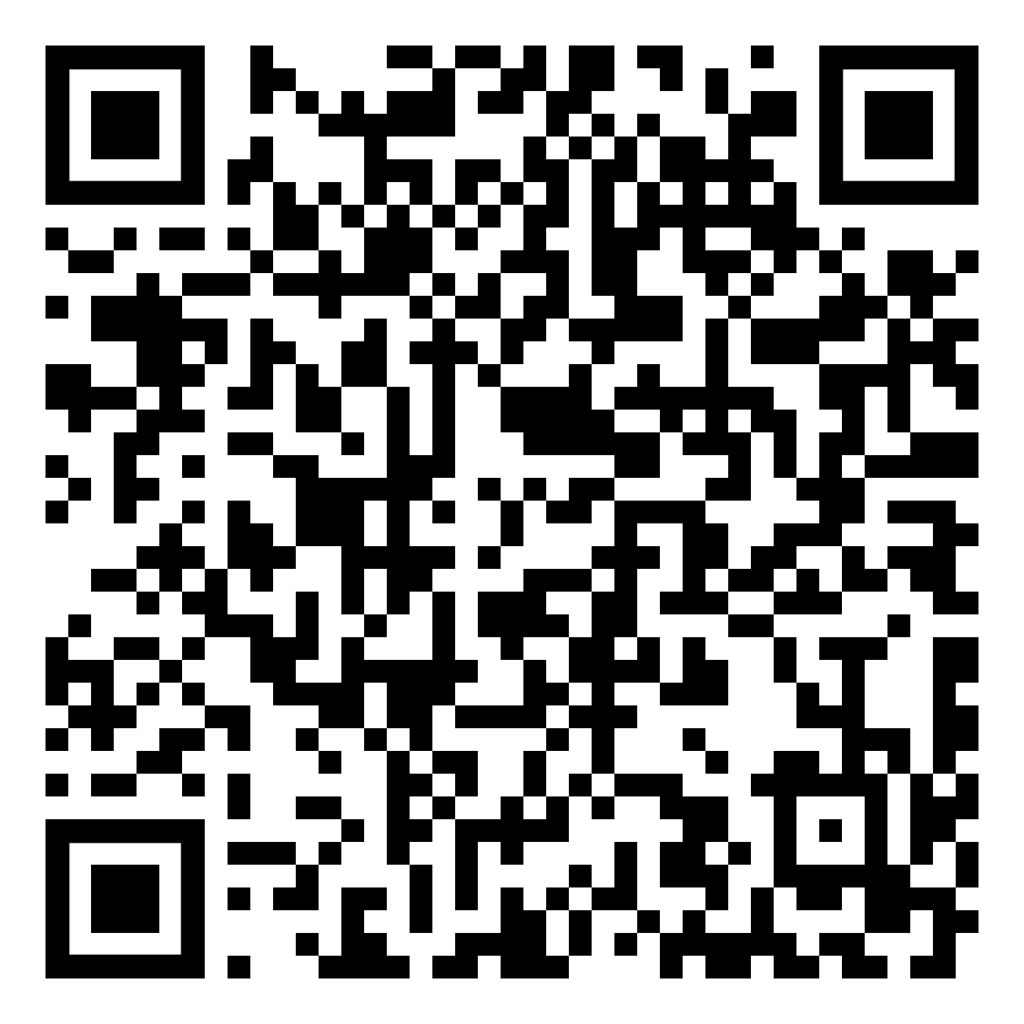Scroll through your social media feeds. Chances are, you see a ton of content describing “ancient home cures” and “all-natural treatments the drug companies don’t want you to know about.” Maybe you’ve even flipped on the nightly news to find the anchor talking about “new research that suggests that blueberries can kill cancer cells.” You walk through the drug store to find a plethora of bottles gleaming with medical language like “clinically-tested” and “FDA-approved” right next to the words “dietary supplement.” Homeopathic, alternative medicine, herbal medicine—what does it all mean, and how can you know what’s real and what’s just snake oil? Stick with HealthLynked for the facts.
What Does Homeopathic Mean?
Here’s a quick history lesson: Homeopathy was first proposed in 1796 by a German doctor named Samuel Hahnemann. His basic theory centered around the “Principle of Similarities,” a signature doctrine of Dark Ages medicine that concluded, “like cures like.” In other words, beans will cure kidney stones because they have a similar shape, or walnuts will cure cognitive decline because the nut resembles the texture of the brain. Of course, these theories have no basis in scientific reality, yet homeopathy persists into the modern era, this time with the notion that the body can cure itself of almost anything if given the proper stimulation.
Dangers of Homeopathic Remedies
This “like cures like” theory confuses many patients. Homeopathy is not the same as natural medicine. Someone practicing homeopathy believes that a substance that brings about similar side effects as the symptoms of an illness will also bring the cure if given in small doses (“Law of Minimum Dose”). For example, a patient suffering from runny eyes due to allergies might be prescribed homeopathic eye drops with trace amounts of onion juice in them. Most of the medical community considers any health benefits from such a treatment pure placebo effect. The counterpoint to this pseudoscience would be a natural remedy with scientific backing, say, a functional medicine doctor prescribing ashwagandha (a medically proven supplement) instead of Zoloft to treat depression.
The Bottom Line of Homeopathy
Homeopathy can be risky. Not only are you subscribing to a belief that got its start during 800 years of scientific suppression, but modern research also suggests little to no proof behind homeopathic theories, especially in cases of a life-threatening illness or preventative medicine. Homeopathic remedies are not regulated by the FDA, so there’s no governing body to check what’s in these treatments, much less if they are effective or safe. Before you try any alternative treatment, speak to your doctor about the possible effects and interactions it might have with the rest of your lifestyle. Make an appointment with your provider through HealthLynked today!




